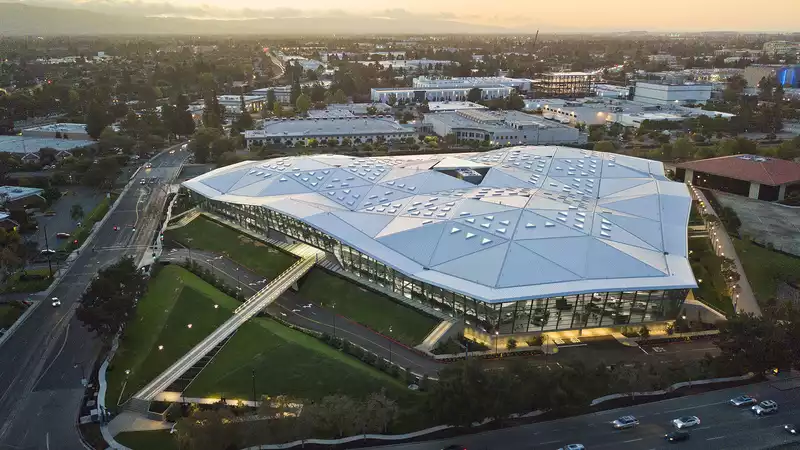The UK government has announced that it will intervene in Nvidia's acquisition of Arm on national security grounds. The wheels have been set in motion for the UK government's Competition and Markets Authority (CMA) to produce a report on Nvidia's acquisition of Arm.
The Public Interest Intervention Notice was posted on the UK government website by Oliver Dowden, Secretary of State for Digital, Culture, Media and Sport. It states the UK government's intention to investigate the Nvidia and Arm contracts in more depth and whether they have a negative impact on UK national security.
"The powers set out in the Enterprise Act 2002 allow the Secretary of State for Digital, Culture, Media and Sport to intervene on national security grounds. This responsibility is carried out in a quasi-judicial capacity.
"On April 19, 2021, the Secretary of State issued a Public Interest Intervention Notice (PIIN) confirming his decision to intervene in the sale on national security grounds. In reaching this decision, the Secretary of State considered advice received from investment security officials.
The final outcome of the intervention will be a report from the CMA on July 30, 2021 outlining the potential "competition and national security aspects" of the transaction and advising the Secretary of State.
Nvidia's acquisition of Arm is the company's largest to date at $40 billion, easily surpassing its previous $6.9 billion acquisition of Mellanox.
Arm is headquartered in Cambridge, England, and is currently owned by the Japanese investment firm Softbank.
However, the acquisition has been criticized from all directions. Herman Hauser, one of Arm's co-founders, has been a vocal opponent of the Nvidia deal, citing the potential for another US technology monopoly. Meanwhile, other high-tech companies that heavily use Arm's processor designs in their products, including Microsoft, Google, and Qualcomm, have complained that the deal would undermine competition and equal access to Arm's chips
.
Nvidia has said it will maintain Arm's open licensing model and customer neutrality and keep its headquarters in Cambridge, but not enough to defeat the most vocal opponents of the deal.
The Nvidia-Arm deal was signed in September 2020 but has not yet been approved; Nvidia had expected the deal to close in roughly 18 months, but that depends on how quickly regulatory bodies in the UK, China, the European Union, and the US approve it. So far, none of them have approved the deal, and it is expected to be a deal that will require a great deal of scrutiny before approval. This is not only because of its size, but because of its potential impact on all Arm-based devices and the companies that use their designs. (That extends to most of the cell phones ever made and even more chips.)
Arm does not manufacture its own chips. Instead, it offers an ecosystem of compatible architectures and processors that companies can license depending on how they want to use them. Most major tech companies know Arm to some degree, and it is now so popular and competitive that in some ways it is even considered a competitor to Intel and AMD, like Apple's M1 chip.
Arm, Nvidia, and Softbank are confident that the deal will succeed, but there are many who assert that it is doomed to fail. The intervention of the British government will no doubt stir further speculation to that end.


Comments